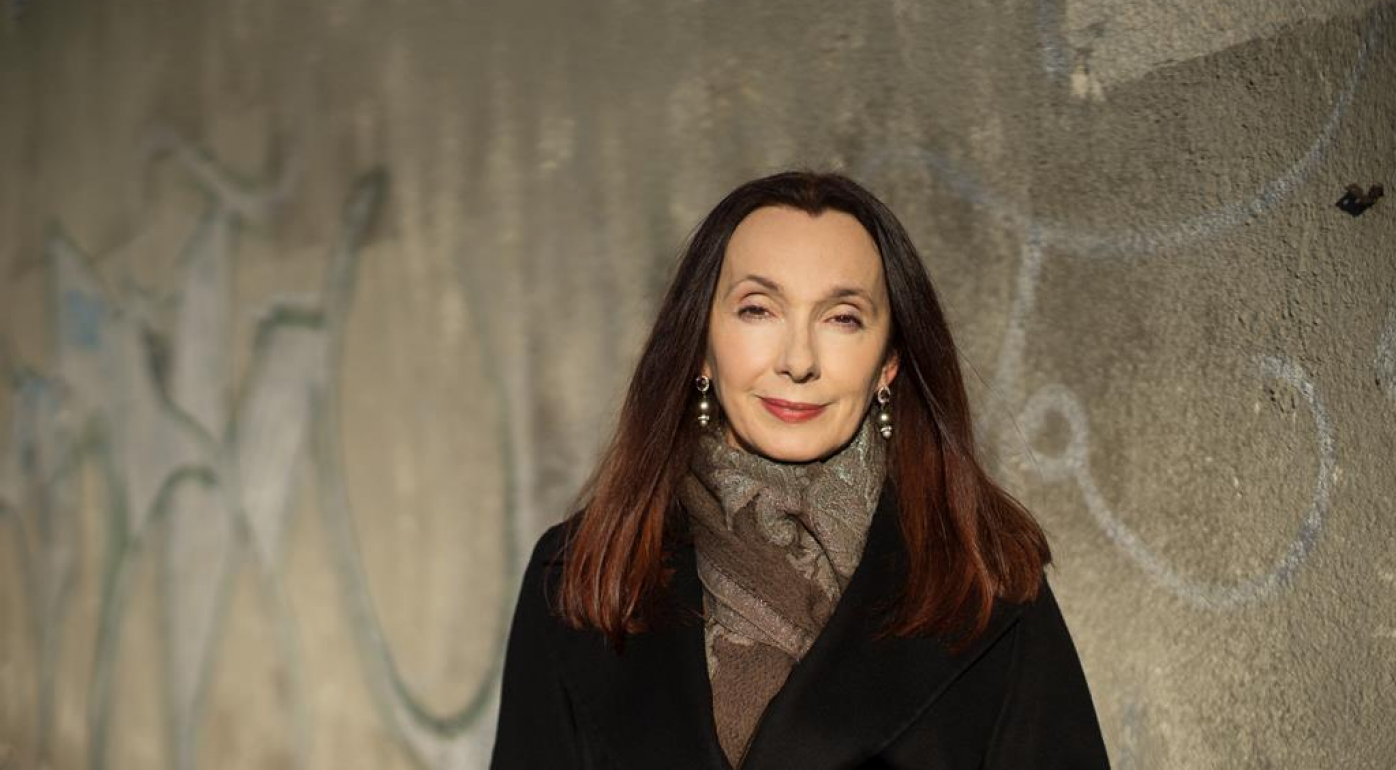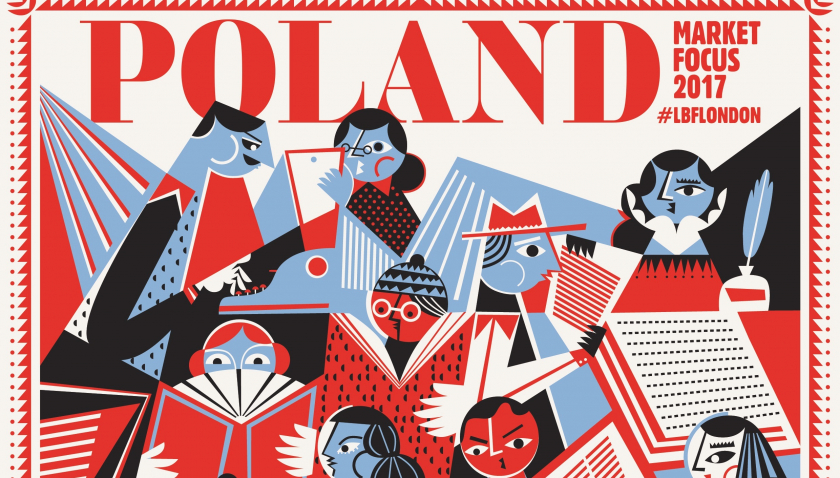Tell us about your writing and about your literary background. What inspired you to become a writer?
I was always reading poems since my childhood. When I was 11 years old I subscribed to a poetry club and a publishing house that was sending me the best of Polish and world poetry. Becoming a writer was not a matter of inspiration: I simply had no choice, even if I was trying to run away from that.
What are the hardest and easiest parts of being a writer?
The easiest part is to read my poems in public events, such as literary events. The hardest is being like a monk during my writing: I need solitude and concentration.
What’s exciting about Polish literature at the moment?
Now, for me, it is the prose of Zygmunt Haupt.
The Market Focus programme is an opportunity to work internationally and make connections with readers and writers from overseas. What interests and excites you most about this?
It is always moving for me when people who like my poems come to my readings to listen to poems from the voice of the author, especially when they are from other countries than Poland.
Regardless of country of origin, what’s the greatest book you’ve ever read, and why? (If there is one!)
There is not one book, my fascinations were always changing through the years. Nonetheless there are stable references in poetry and prose, such as Tomas Tranströmer, Seamus Heaney, Federico Garcia Lorca, Octavio Paz, Paul Celan, Basho, Czesław Miłosz, Zbigniew Herbert, Pascal Quignard and Bruno Schulz, just to mention a few. But I must say that beyond poetry I have two other main areas that are inspiring for me: geomorphology and glaciology, and the teachings of Buddhist masters and Master Eckhart.
You grew up in beautiful scenery of Polish Masurian Lake District. Do you think it somehow influenced your unique poetical language?
Of course it did. I was growing up in the post-glacial landscapes of the Masurian District and I lived there until I went to university. I still have strong connections with this region. Its northern landscapes are deeply rooted in my soul. No other environment is able to inspire me in that way.
You are a philosopher, poet and academician. What is your approach to teaching?
I like to give my students the freedom to work independently as much as possible.
Jim Jarmush in his latest film Patterson, wrote such words for the main protagonist, poetry author: “Reading poetry in translation is like taking a shower with raincoat.” Do you think poetry is actually translatable?
Yes, I think it is. For instance I know that my poems translated into English by Elżbieta Wójcik-Leese inspired her students. When I had a public reading in the US at Harvard University a few people came who told me that they created a circle of fans of my poetry. I have also similar feedback from diverse countries like Italy and Malaysia. That proves for me that translation can be very effective and faithful to the original. I was also reading so many poets in translation and they were of great inspiration for me.



